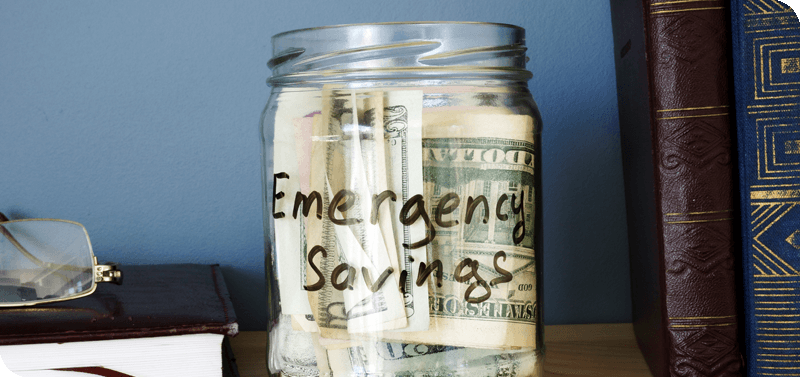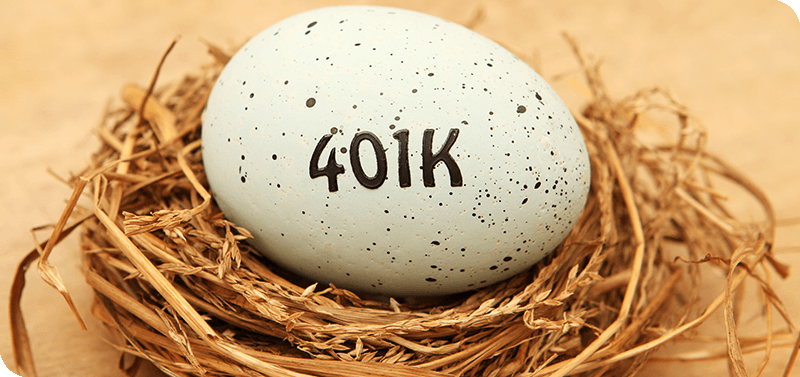Would you be able to recognize a fake check if you saw one? Most people cannot. Business or personal checks that include the logo of a well-known financial institution can make it difficult to tell whether it’s legitimate or fake. Often, the best way to determine if a check is valid is to recall how it wound up in your hands. When you’re a victim of the fake check scam, you might be embarrassed to admit that you fell victim to this popular fraud scheme. However, there’s more at stake than temporary embarrassment.
One of the most common ways criminals hook victims with this scam is by providing a check or money order in an excess amount. Let’s say you posted your gaming system for sale at $100. When you agree to exchange with the buyer, they “accidentally” give you a personal check or money order for $150. Crooks will say it’s no big deal, but pressure you to quickly deposit the check and provide them with the difference by wire transfer, cash, social payment app, or a gift card. To ensure a high seller rating in the mobile selling app, victims do as they’re told and unknowingly deposit the fake check into their bank account.
A cleared check doesn’t equal a legitimate transaction. While you might have the funds available to you within two business days of deposit, fake checks often take weeks to be discovered. Fraudsters leave their victims liable for the deposited check along with any additional money withdrawn against the check.
Fake check scam variations include new employment paycheck advances, secret shopper advance payment checks, lottery checks, sweepstakes checks, or any other notification of prizes or gifts that requires you to pay for an item that you’ve won from the proceeds of the check.
Never deposit a cashier’s check, money order, business, or personal check you receive from someone who wants you to give them cash back.
Prince George’s Community Federal Credit Union is committed to helping members keep their financial information secure. Please join us for ID Protection Day this September.
When: Saturday, September 21st (9 am to noon)
Where: Largo Plaza Shopping Center (on rt. 214 facing Lowe’s and Target)
10500 Campus Way South, Largo, MD 20774
It’s estimated that nearly 60 million Americans fell victim to identity theft in just the last year alone. And, the numbers are rising. Join us for ID Protection Day to begin taking steps to help safeguard you and your family. Bring up to 3 boxes of your personal information, account statements, legal documents to be shredded for free. Plus, bring the kids for face painting and a free Fingerprinting kit!



3 Min Read
One of the most effective tools for preventing a large-scale financial disaster is an emergency fund…
Learn about Emergency Funds7 Min Read
The 50/30/20 rule is a simple, practical rule of thumb for individuals who want a budget that is easy, yet effective, to implement…
How to Set Your New Budget3 Min Read
Even if you’re just starting your first real job—actually, especially if you’re just starting your first real job—it’s time to start thinking about retiring…
How to Plan for RetirementPrince George's Community Federal Credit Union does not provide, and is not responsible for, the product, service, or overall website content available at a 3rd party site. We do not endorse the information, content, presentation, or accuracy nor makes any warranty, express or implied, regarding any external site. Our privacy policies do not apply to linked websites.
You should consult the privacy disclosures on any linked site for further information. Thank you for visiting our website.
To help the government fight the funding of terrorism and money laundering activities, federal law requires all financial institutions to obtain, verify, and record information that identifies each person who opens an account. What this means for you: when you open an account, we will ask for your name, address, date of birth, and other information that will allow us to identify you. We may also ask to see your driver's license or other identifying documents.